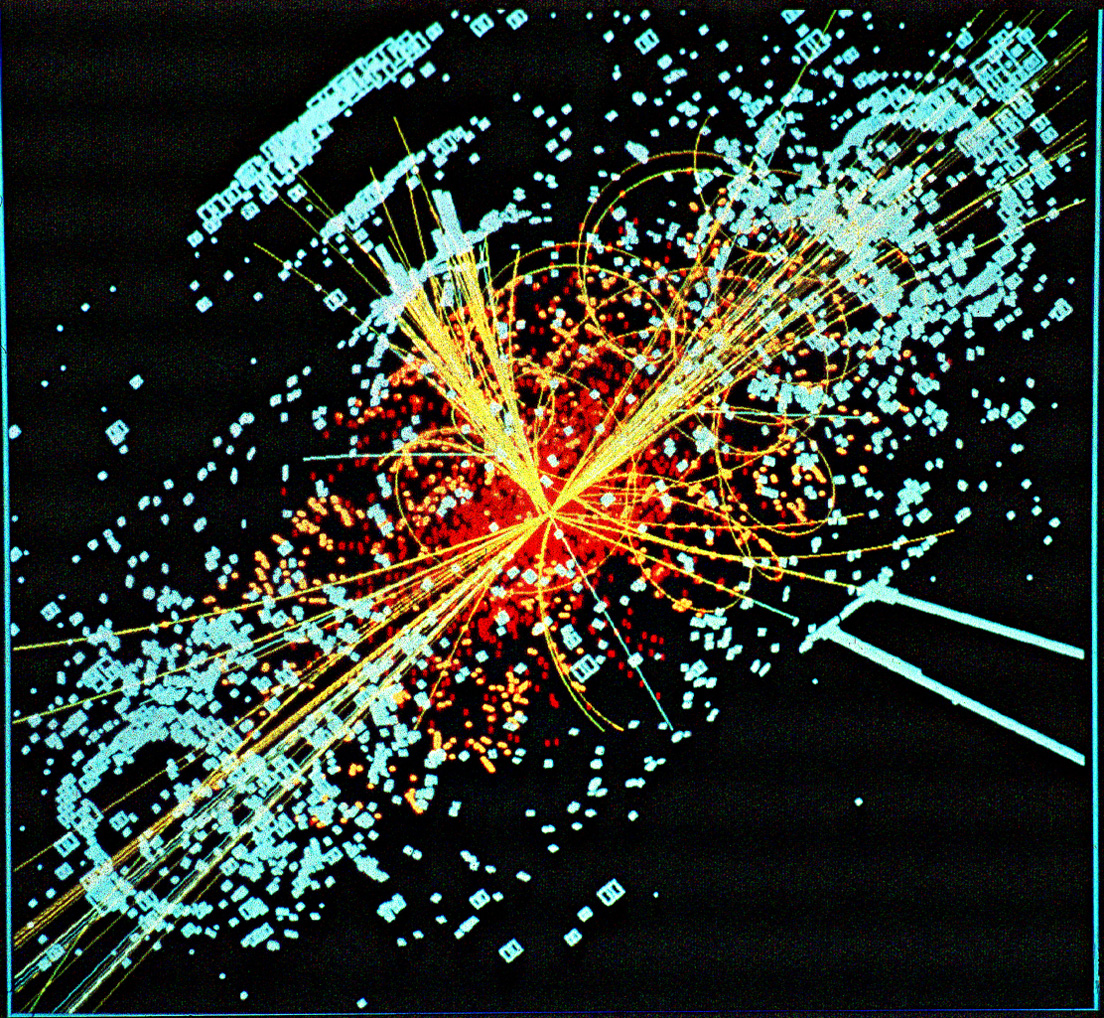
Every so often an idea comes along that is so mind-blowing it transforms your perception of reality. Yet, once you've been exposed to this new worldview, it becomes hard to see how things could be otherwise.
Here's one of them.
Most people who follow the progress of physics have heard of "dark matter". It is made up of particles that we can't see or feel. Cosmologists only know it is there because they can detect the gravitational pull it exerts on distant galaxies, but they reckon it makes up around a quarter of the mass of the universe.
But what if there are other types of matter that don't interact with any of the particles and forces that we know, not even gravity? What if these particles interact with their own forces, and form more than a few featureless clumps? What if there is a whole "dark universe" with stars and planets and even life forms, that we are oblivious to?
The idea is discussed in a book called Massive: The missing particle that sparked the greatest hunt in science, by journalist Ian Sample. It's out in the US today (and was published in the UK in June).
The book is about the hunt for the Higgs boson - a particle whose existence was first suggested in the 1960s to explain why fundamental particles have mass. Massive tells the story of this elusive entity from the first scribbles in the notebook of a young father called Peter Higgs, to the multi-billion-dollar atom smashers (most recently the Large Hadron Collider at CERN, near Geneva) built in the hope of creating it.
I really enjoyed Massive because it weaves the physics into a compelling human story; it's a science book that reads like a novel*. But for anyone who has been wondering why scientists care so much about the Higgs, the final chapter is also the best discussion I've read of what it will mean if they do finally manage to make the Higgs boson, and what finding it might tell us about the nature of the universe.
For me the most fascinating possibility Sample describes is that the Higgs could reveal the existence of dark, hidden worlds. He points out that until now, particle physics has been completely anthropocentric, focusing on the particles that make up our bodies, or that we can detect.
But, he says, some physicists are starting to question whether this is all there is: "Why should the particles of matter we have found and the four forces of nature we are aware of be the only ones there are? There is no reason why the human body should be equipped to sense everything in the universe, and the existence of dark matter proves it is not. The extraordinary possibility is that there could be a host of particles and forces that are going about their business in a world that is entirely beyond our perception."
If so, there's no reason to think that this hidden world should be any less complex than the one we know, or even that it, too, shouldn't harbour life. If the physicists are right, "what we call reality - that is, everything we know - is part of a much greater and more complex reality that we are completely oblivious to."
I'd never really thought about this before, but now that Sample has made the point, it makes sense. It even starts to seem pretty unlikely that the stuff that we happen to be able to detect and measure should be everything there is, or even a significant fraction of everything there is. I guess it's just one more logical step in realising that we're not the centre of the universe after all.
Where does the Higgs come in? According to Sample, physicists think that the Higgs boson, and the field with which it is associated, will be tenuously linked to other Higgs fields that give mass to particles in the hidden world, forming a "bridge that provides a way to peer into the hidden world and look at the kinds of particles from which it is made".
If hidden worlds exist, then any Higgs boson made in the LHC could decay into invisible hidden-world particles, which might then break down into "real" particles that we can see. To the LHC's detectors, this would look like a sudden burst of particle tracks coming from nowhere. Scientists could then work backward to build up an idea of the kinds of hidden-world particles the Higgs boson must have decayed into.
Until then we'll just have to imagine what ghostly goings on could be passing through our bodies right now...
* As I know the author rather well I am probably biased in favour of this book. But I honestly think I would have loved it anyway.